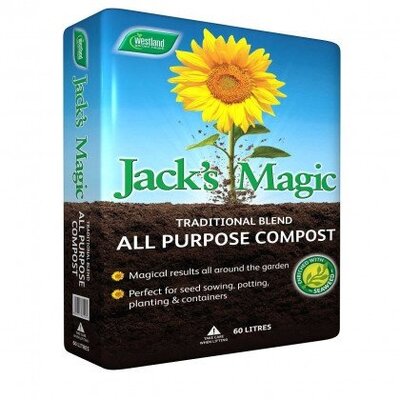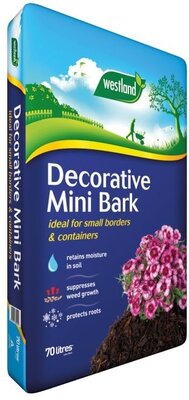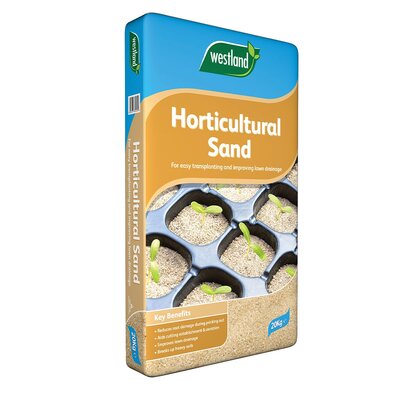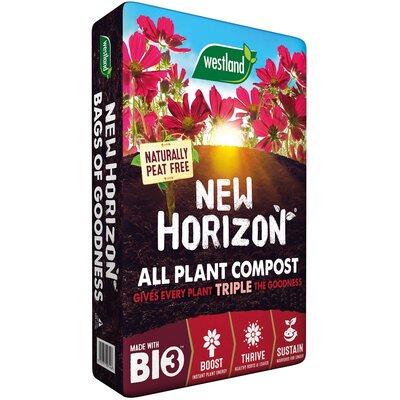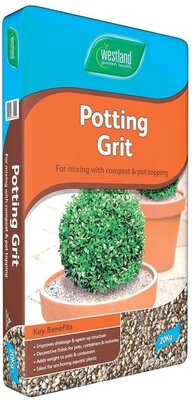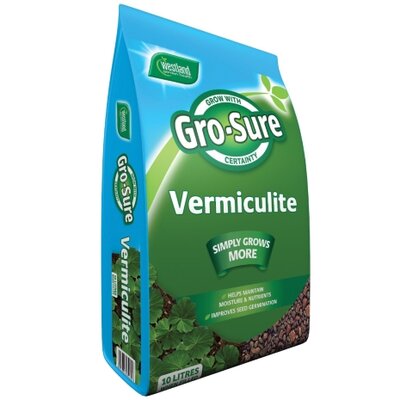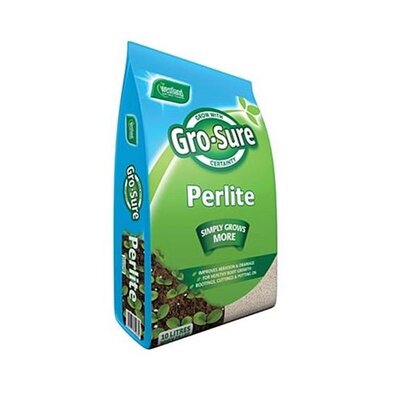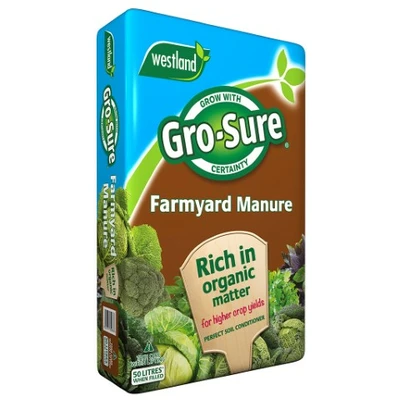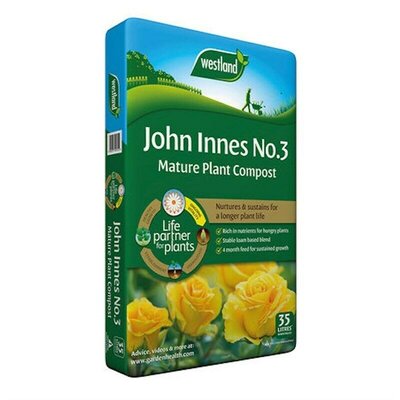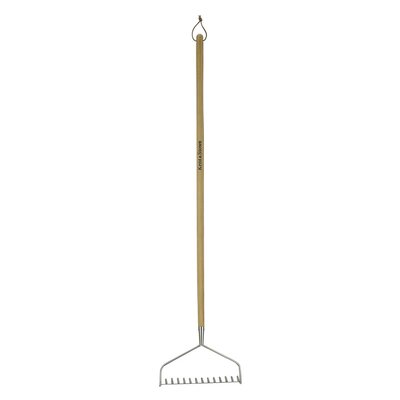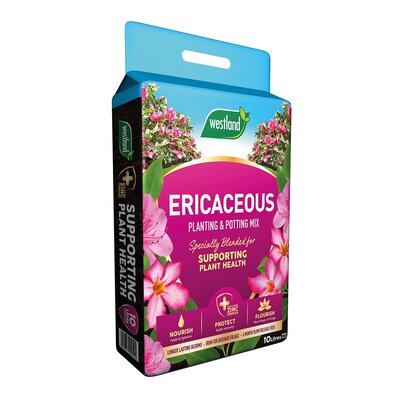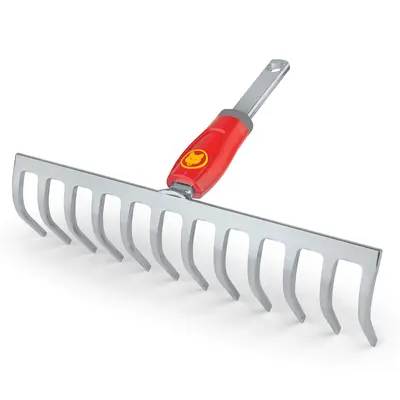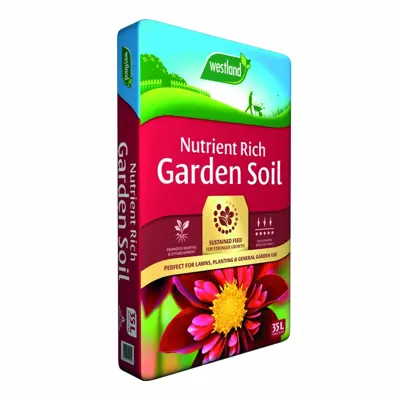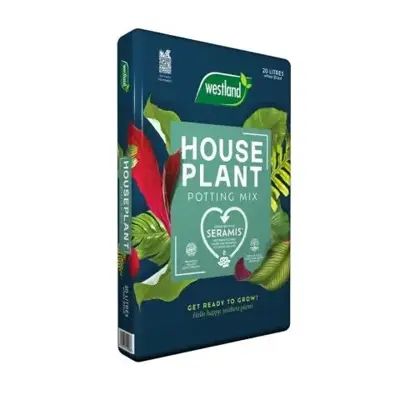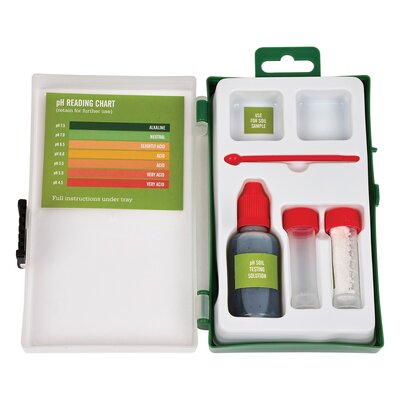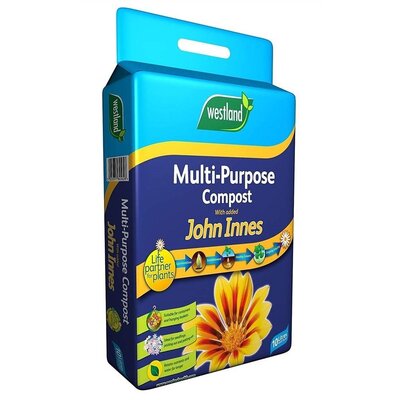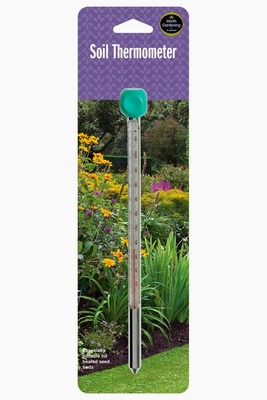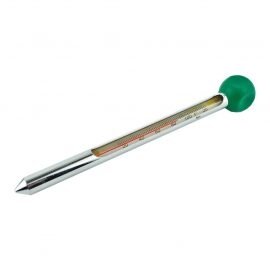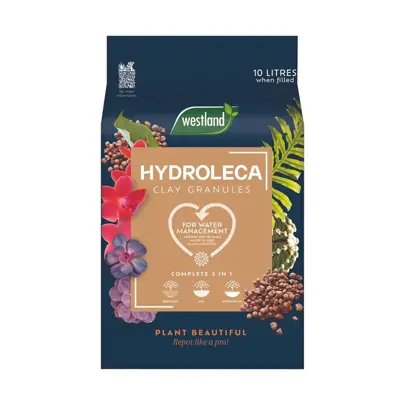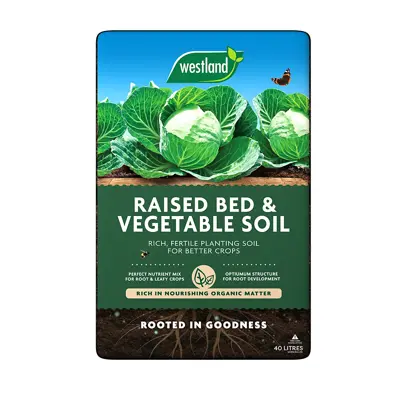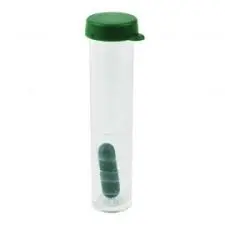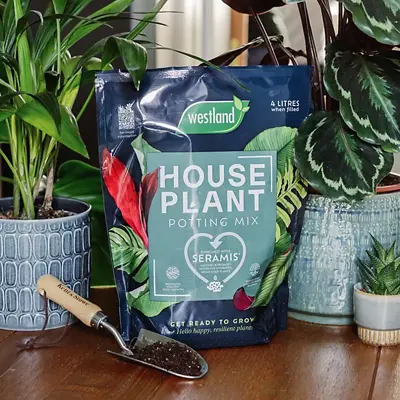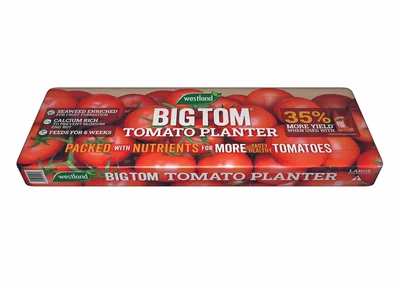Compost & Soil
Using compost as mulch, in the soil or as potting media is beneficial in many ways. That’s why at Jones garden centre we have a wide range of different kinds of compost for you to choose from.
The benefits of Compost in general
Compost contains a full spectrum of essential plant nutrients. Depending on the natural soil in your garden and what you want to plant on it, there are a variety of compost products to help you get the best results. Compost has a wide variety of benefits, namely:
- Compost contains macro and micronutrients often absent in synthetic fertilizers, compost is a more natural way to provide nutrition to your garden.
- Compost releases nutrients slowly—over weeks, months or years, unlike synthetic fertilizers.
- Compost enriched soil holds on to fertilizers better. Less fertilizer runs off to pollute waterways.
- Compost buffers the soil, neutralizing both acid & alkaline soils, bringing pH levels to the best range for nutrient availability to all plants.
- Compost helps hold together clusters of soil particles, called aggregates, which provide good soil structure. Such soil is full of tiny air channels & pores that hold air, moisture and important nutrients.
Why compost is important for the health of your garden soil
- Compost helps sandy soil retain more water and important nutrients.
- Compost loosens tightly bound particles in clay and silt soil so roots can spread, water can drain & air penetrates more easily.
- Compost changes the soil structure, making it less likely to erode, and prevents soil spattering on plants and spreading disease.
- Compost can hold nutrients tightly enough which prevents them from washing out, but loosely enough so plants can take them up just as much as is needed.
- Compost makes any soil easier to work on.
The benefits of compost for life in the soil of your garden
Compost brings and feeds diverse life in the soil. For a healthy garden high quality compost is essential, here is why:
- Compost bacteria break down organics into plant available nutrients. Some bacteria convert nitrogen from the air into a plant available nutrient.
- Compost enriched soil has lots of beneficial insects, worms and other organisms that burrow through soil keeping it well aerated.
- Compost may suppress diseases and harmful pests that could overrun poor, lifeless soil.
The different Compost products at Jones garden centre
At Jones Garden centre we have compost for all different kinds of plants! There is a high quality Indoor compost range for all your beloved indoor plants like:
- Cacti
- Bonsai
- Houseplants
To keep your fruit and vegetable in excellent condition and give them the best change you'll find different kinds of Fruit & vegetable compost in our range! From the all purpose compost to bed and border bark and tomato planter. Not sure which compost to use? Or how much to use of it? Just give us a ring or pay us a visit in our Garden Centre in Donabate, where our experts are glad to help you with any questions you might have.
How do I choose the right compost for my garden?
Choosing the right compost for your garden is essential for providing the necessary nutrients and improving the overall health of your plants. Here are some factors to consider when selecting compost:
- Organic Content: Look for compost that is rich in organic matter. This can include materials such as decomposed plant matter, manure, kitchen scraps, and leaf mold. Compost with a diverse mix of organic materials will provide a wider range of nutrients and improve soil structure.
- Nutrient Balance: Different plants have varying nutrient requirements. Consider the specific needs of your garden and choose compost that matches those requirements. Some composts may be formulated specifically for certain types of plants, such as vegetables, flowers, or trees. Check the nutrient content or consult with experts to ensure the compost has an appropriate balance of nitrogen, phosphorus, and potassium.
- Texture and Structure: Compost should have a well-balanced texture that allows for good drainage while retaining moisture. It should be crumbly and friable, with a loose structure that promotes root growth. Avoid compost that is overly coarse or too fine, as it may affect water retention or aeration.
- pH Level: The pH level of compost is important, as it can impact plant growth and nutrient availability. Most plants prefer a slightly acidic to neutral pH range. If you know the pH requirements of your plants, choose compost that aligns with those needs. You can also adjust the pH of your soil using amendments if necessary.

